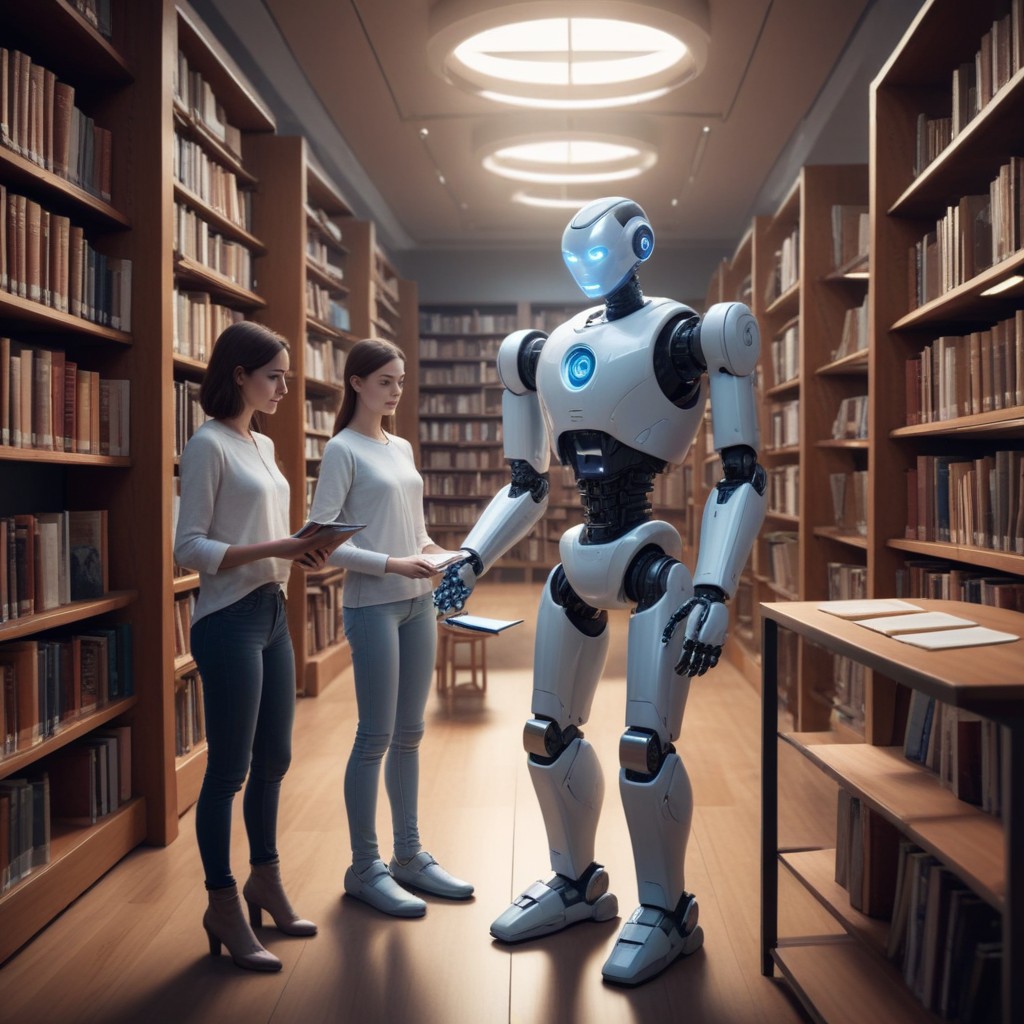The future of AI-generated content in publishing is rapidly evolving and holds significant potential for transforming the industry. Here are some potential developments and trends to watch:
- AI-generated books: AI algorithms can generate entire books, including novels, non-fiction, and even children’s books. This could lead to a new wave of authors, with AI creating content that is both unique and engaging.
- Content personalization: AI-powered content personalization can create tailored reading experiences for individual readers, recommending books based on their preferences, reading habits, and biographical data.
- Story generation: AI-powered story generation tools can assist authors in developing plotlines, characters, and dialogue, freeing up human writers to focus on creative direction and editing.
- Editing and proofreading: AI-powered editing and proofreading tools can improve the accuracy and efficiency of these tasks, allowing human editors to focus on higher-level creative decisions.
- Book summarization: AI-powered book summarization tools can create concise summaries of long texts, helping readers quickly understand complex ideas and making it easier for authors to share their work with a wider audience.
- Audio content creation: AI-powered audio content creation tools can generate high-quality audio content, including podcasts, audiobooks, and music, at a fraction of the cost and time it takes human creators.
- Translation and localization: AI-powered translation and localization tools can enable authors to reach global audiences more easily and accurately, reducing the need for human translation services.
- Content analysis: AI-powered content analysis tools can analyze large volumes of text data, providing insights on audience preferences, sentiment analysis, and market trends.
- Digital publishing platforms: AI-powered digital publishing platforms can optimize the publishing process, from manuscript submission to distribution, ensuring timely and efficient delivery of digital content.
- Collaborative authoring: AI-powered collaborative authoring tools can enable multiple authors to work together on a single project, streamlining the writing process and facilitating global collaboration.
Challenges and Concerns:
- Authorship and creativity: There may be concerns about the role of AI-generated content in authorship and creativity, particularly if AI-generated content becomes indistinguishable from human-created work.
- Job displacement: The increased use of AI-generated content could potentially displace human writers, editors, and other publishing professionals.
- Quality control: Ensuring the quality of AI-generated content is crucial, as subpar content can harm the reputation of authors and publishers.
- Intellectual property: The ownership and copyright of AI-generated content will need to be clarified to avoid legal disputes.
- Ethical considerations: The use of AI-generated content raises ethical questions about bias, representation, and cultural sensitivity.
To address these concerns, publishers will need to develop strategies for integrating AI-generated content into their workflows while ensuring the quality, creativity, and ethical standards of their publications.
In conclusion, the future of AI-generated content in publishing is exciting but also presents challenges. As the industry continues to evolve, it’s essential to prioritize collaboration between humans and machines to create innovative, high-quality content that benefits readers worldwide.

